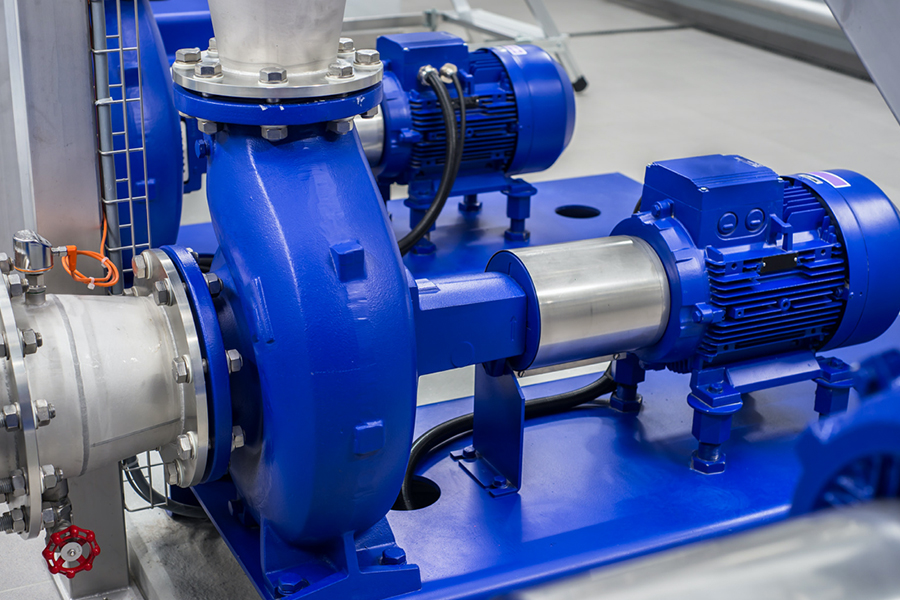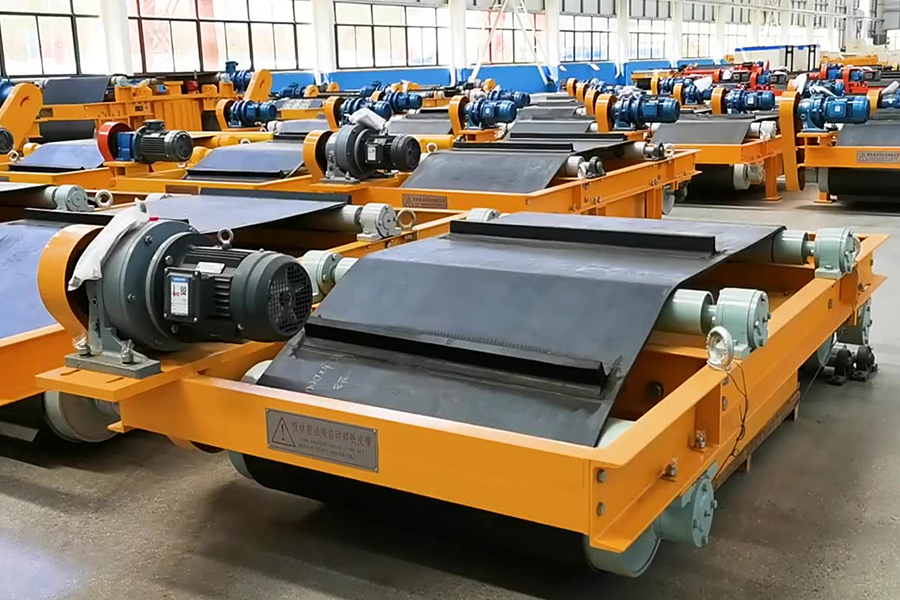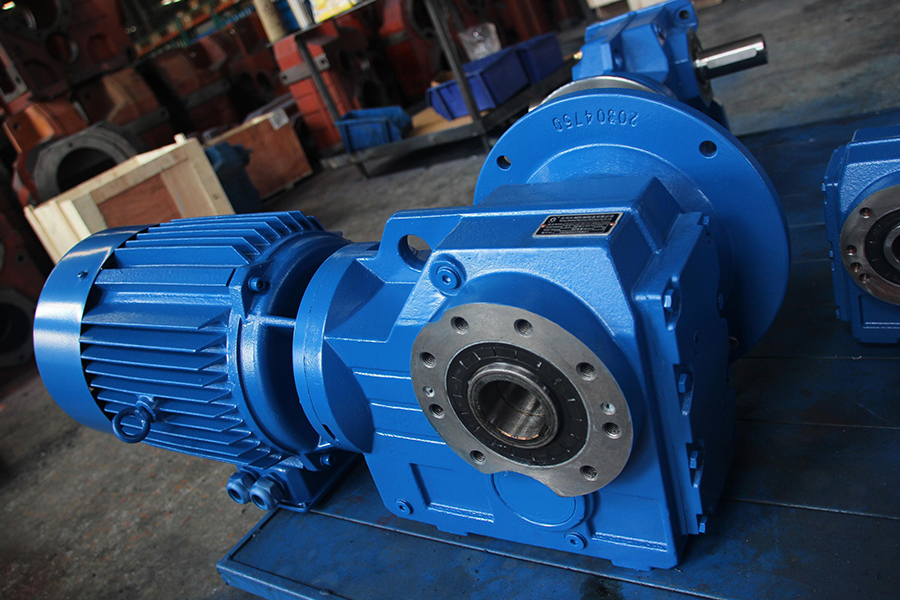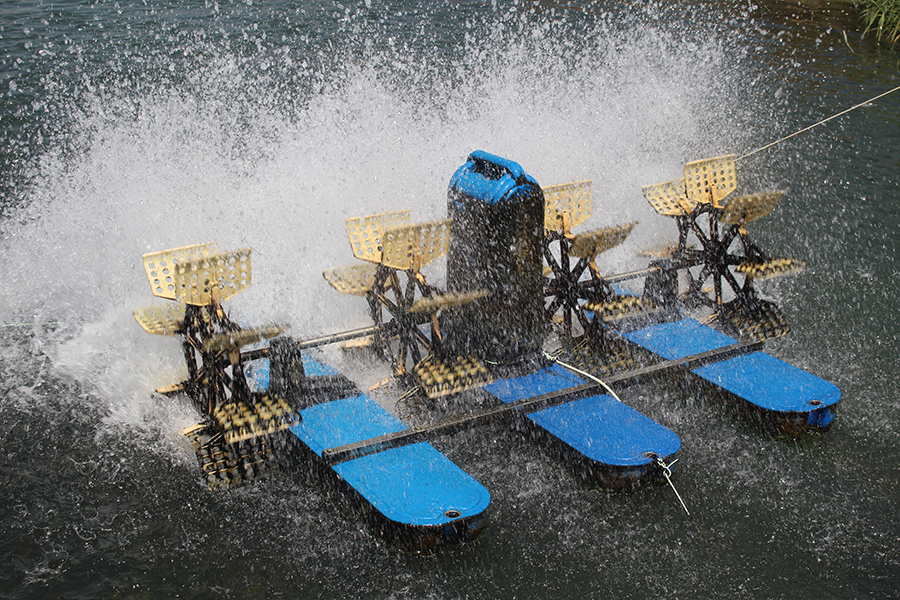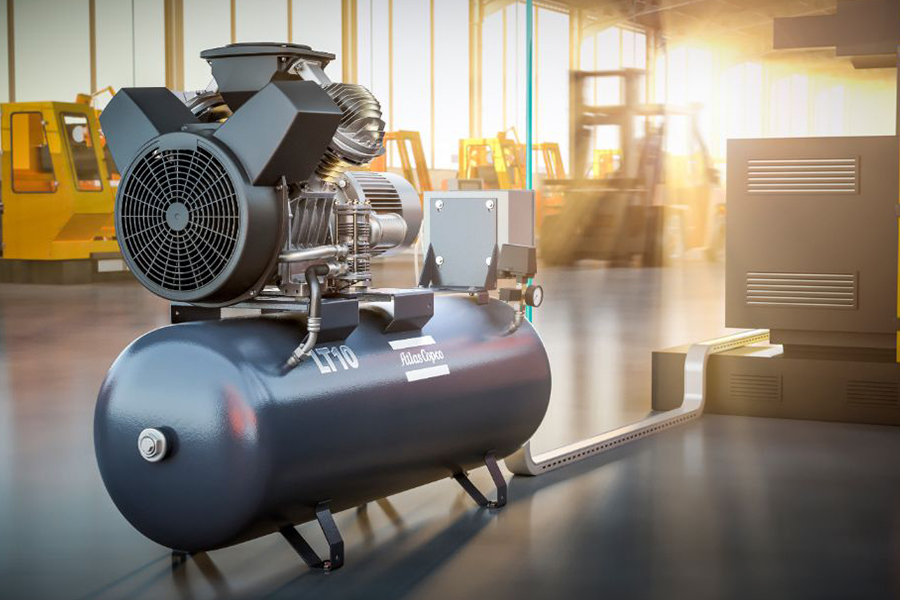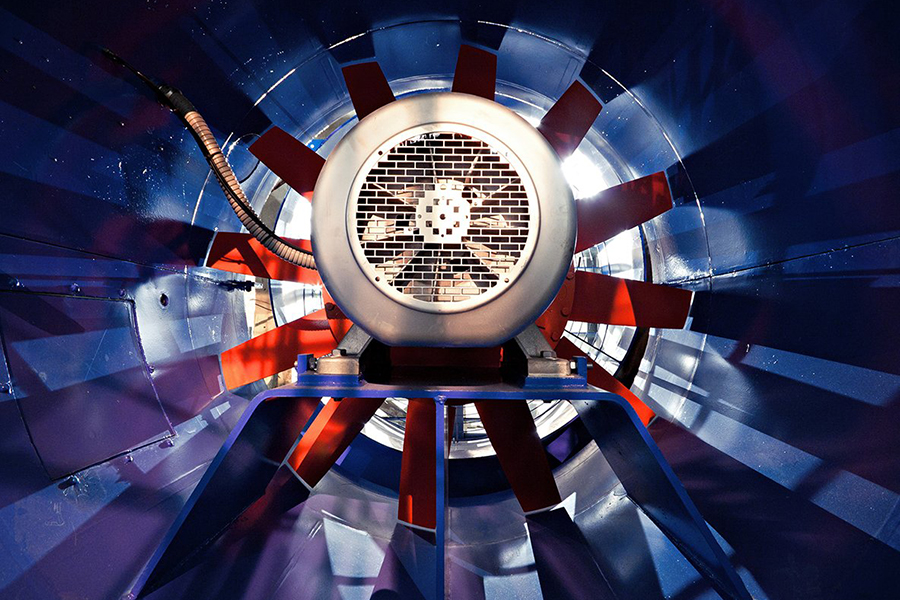Demand is rising for cooling tower motor applications as industrial cooling becomes more efficient. Pairing aluminum motor materials with cooling tower systems helps reduce weight, improve heat dissipation, and ensure lower overall energy use.
1. Distinctive Benefits of Aluminum Construction
Lightweight yet Durable
Aluminum is about one‑third the density of steel yet retains notable strength and rigidity. That makes aluminum motors easier to ship, install, and integrate into machinery across industries like textile, printing, food processing, and HVAC.
better Thermal Performance
Aluminum dissipates heat efficiently, helping motors run cooler under load. This reduces thermal stress and extends service life—an advantage especially relevant in cooling tower environments where ambient heat and moisture are prevalent.
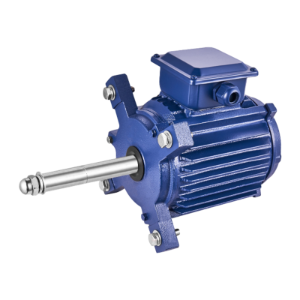
2. Energy Efficiency and Environmental Advantages
Efficiency Gains
Aluminum motors often achieve premium efficiency levels that reduce energy losses over long-term operation. Adopting variable-frequency drives (VFDs) with aluminum motor designs—common in cooling tower motor installations—can cut fan or pump energy consumption dramatically, sometimes reducing power usage to a fraction of the full rated load.
Eco‑Friendly Material
Aluminum is highly recyclable. Recycling v. primary production saves roughly 95% of the energy, cutting greenhouse emissions. Using aluminum motors aligns well with sustainable manufacturing and circular economy practices.
3. Practical Applications in Real-World Systems
Industrial Machinery and Cooling Systems
Aluminum motors fit naturally into cooling tower fan systems. In many cooling towers, motor reliability and less downtime are critical, and the lighter motor helps reduce mechanical stress on shafts and gearboxes.
HVAC and Commercial Cooling Applications
In air conditioning and HVAC systems, cooling tower motor units with aluminum frames deliver consistent performance. Direct‑drive permanent magnet designs eliminate the need for heavy gearboxes, simplifying maintenance.
4. Designing for Longevity and Reliability
Protection Against Environmental Stress
Cooling towers demand motors that endure moisture, scale, biological fouling, and corrosion. Appropriate enclosure ratings (like IP65 or IP66) and options like internal heaters can significantly extend motor life.
Variable-Speed Control and Reduced Mechanical Wear
Traditional two-speed motors often cycle on/off under varying load. In contrast, aluminum motors paired with VFD-based controls allow smooth, continuous speed adjustments, reducing wear and starting current stress.
5. Maintenance and Lifecycle Considerations
Lower Maintenance Needs
Thanks to aluminum’s corrosion resistance, motors operate longer with less upkeep. Fewer failures in bearings or windings, combined with efficient thermal design, cut downtime significantly.
Total Cost of Ownership
While aluminum motor housings may incur slightly higher initial cost than basic steel models, savings over the lifetime—in energy consumption, maintenance, and downtime—often justify the upfront investment.
6. Industry Trends and Applications
Modern motor design increasingly favors materials that support energy savings, longevity, and sustainability. Aluminum motor technology is advancing with new alloys enabling better strength, thermal stability, and manufacturability—including aluminum‑cerium blends developed for powertrain performance improvements. In cooling tower systems globally, energy optimization strategies such as microsand filtration can improve heat exchange efficiency by up to ~18%, indirectly boosting motor system performance as well.
For enterprises seeking reliable motor solutions, aluminum motor designs offer a compelling value proposition—combining thermal performance, environmental responsibility, and strong ROI. At Zhejiang Ligong Motor Co., Ltd., our focus on innovative materials, customer-driven engineering, and quality craftsmanship supports energy‑efficient motor systems suited for diverse industrial applications.
If you'd like a second post based on the next title, I’d be glad to move on.

 English
English 中文简体
中文简体 عربى
عربى



